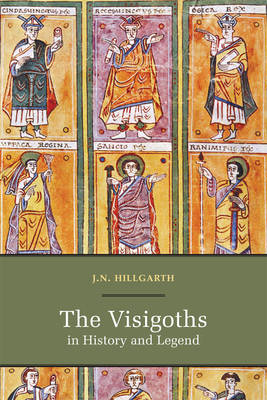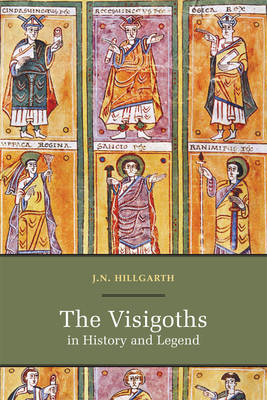
- Retrait gratuit dans votre magasin Club
- 7.000.000 titres dans notre catalogue
- Payer en toute sécurité
- Toujours un magasin près de chez vous
- Retrait gratuit dans votre magasin Club
- 7.000.0000 titres dans notre catalogue
- Payer en toute sécurité
- Toujours un magasin près de chez vous
Description
This book explores one of the central myths of Spain: the idea that Spanish culture arose from that of the Visigoths. It begins with a sketch of Visigothic history, then proceeds to explore attitudes towards the Goths and legends and myths that developed around them from late antiquity to the twentieth century; such ideas proved influential among those who saw the Goths as their spiritual, if not literal, ancestors. The focus is on the myth of the Goths as expressed in literature of a broadly historical nature; many authors have played a significant role in forming and shaping this myth, and thus in shaping the mentality of their contemporaries and descendants. The Gothic myth was of great use to the different monarchies that succeeded the Goths after the Arabic invasion of 711. Visigothic kings were adopted as models by one age after another, from the rudimentary kingdom of Asturias in the ninth century to the world-monarchy of Spain under the Catholic Kings and the Habsburgs. Over the centuries, adroit 'improvements' on history and even outright fabrications influenced the creation of an idealized, epic past to which Spaniards look even today. This study of the evolution and persistence of the myth of Spain's Gothic roots is essential reading for scholars of Spanish history.
Spécifications
Parties prenantes
- Auteur(s) :
- Editeur:
Contenu
- Nombre de pages :
- 252
- Langue:
- Anglais
- Collection :
- Tome:
- n° 166
Caractéristiques
- EAN:
- 9780888441669
- Date de parution :
- 01-01-09
- Format:
- Livre relié
- Format numérique:
- Genaaid
- Dimensions :
- 159 mm x 236 mm
- Poids :
- 498 g

Les avis
Nous publions uniquement les avis qui respectent les conditions requises. Consultez nos conditions pour les avis.






